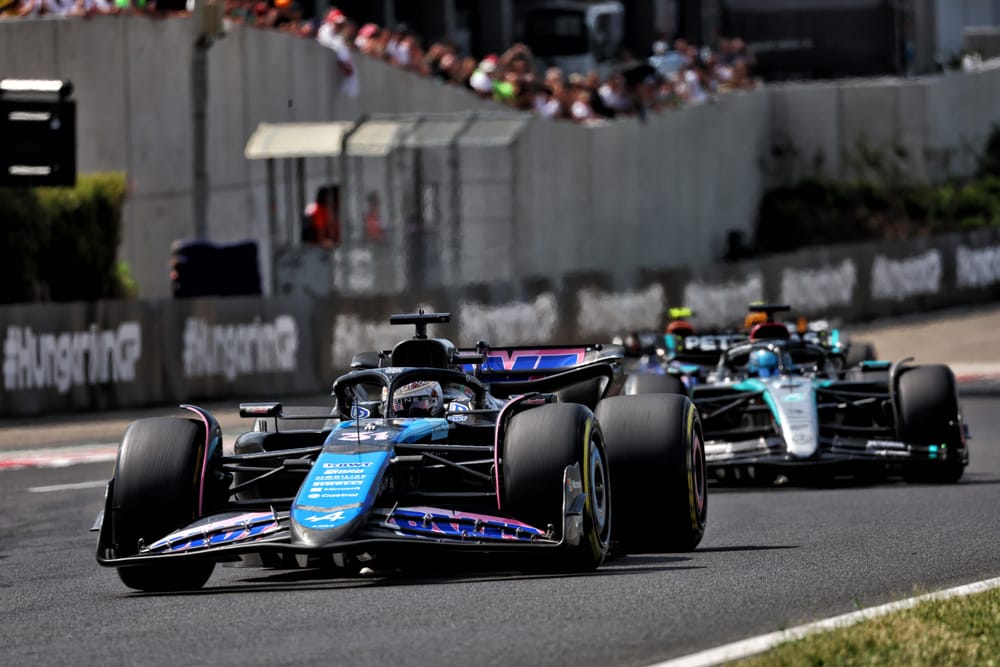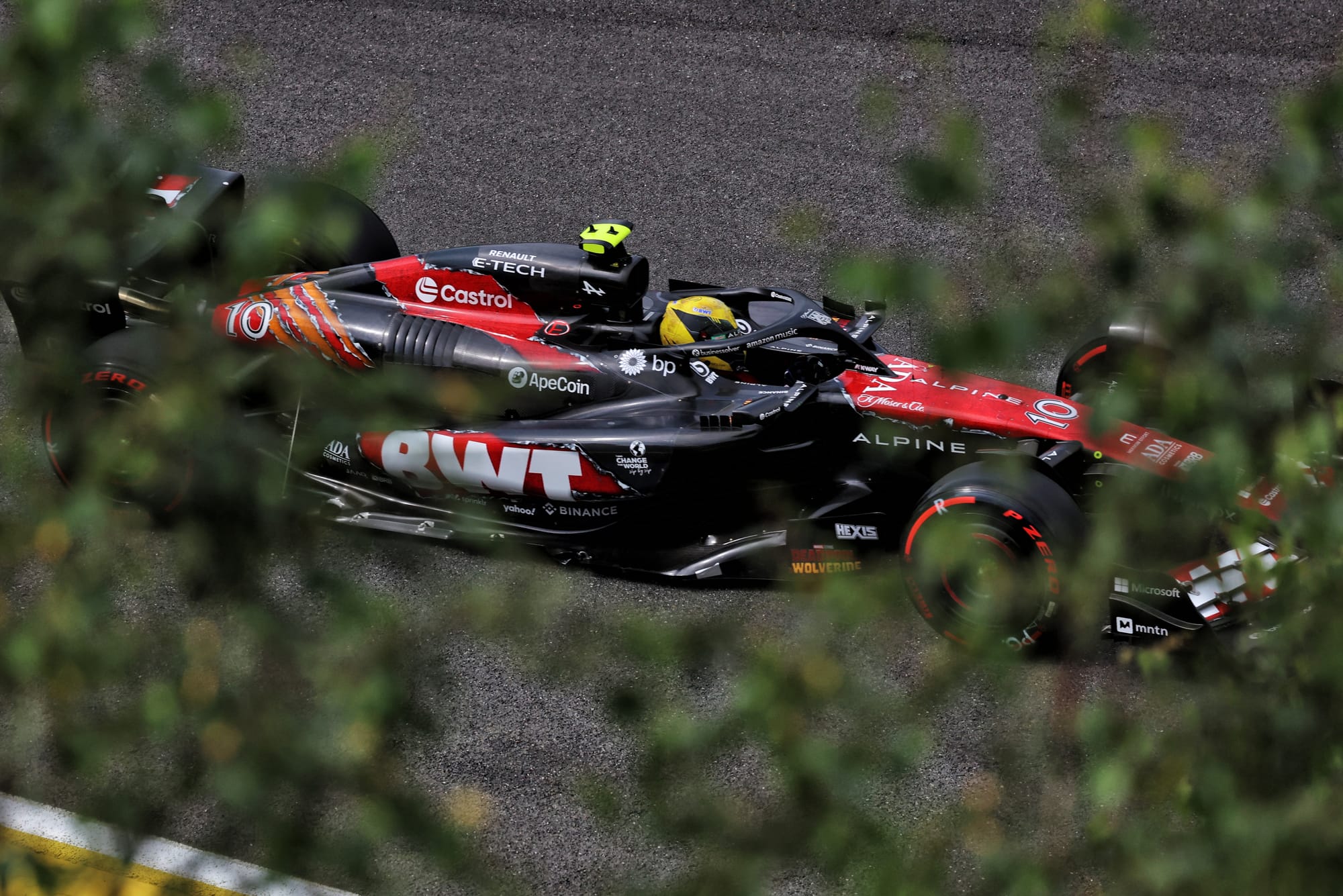Up Next

Renault has officially announced the end of its Formula 1 engine programme. In this column first published in August after news of the plan emerged, Glenn Freeman argued this unpopular decision was the only sensible way forward.
Renault faces regular criticism for the way it tries to run its Formula 1 team, and the idea of Alpine giving up its works status to become a Mercedes engine customer has upset a lot of people.
That's usually the way with pragmatism.
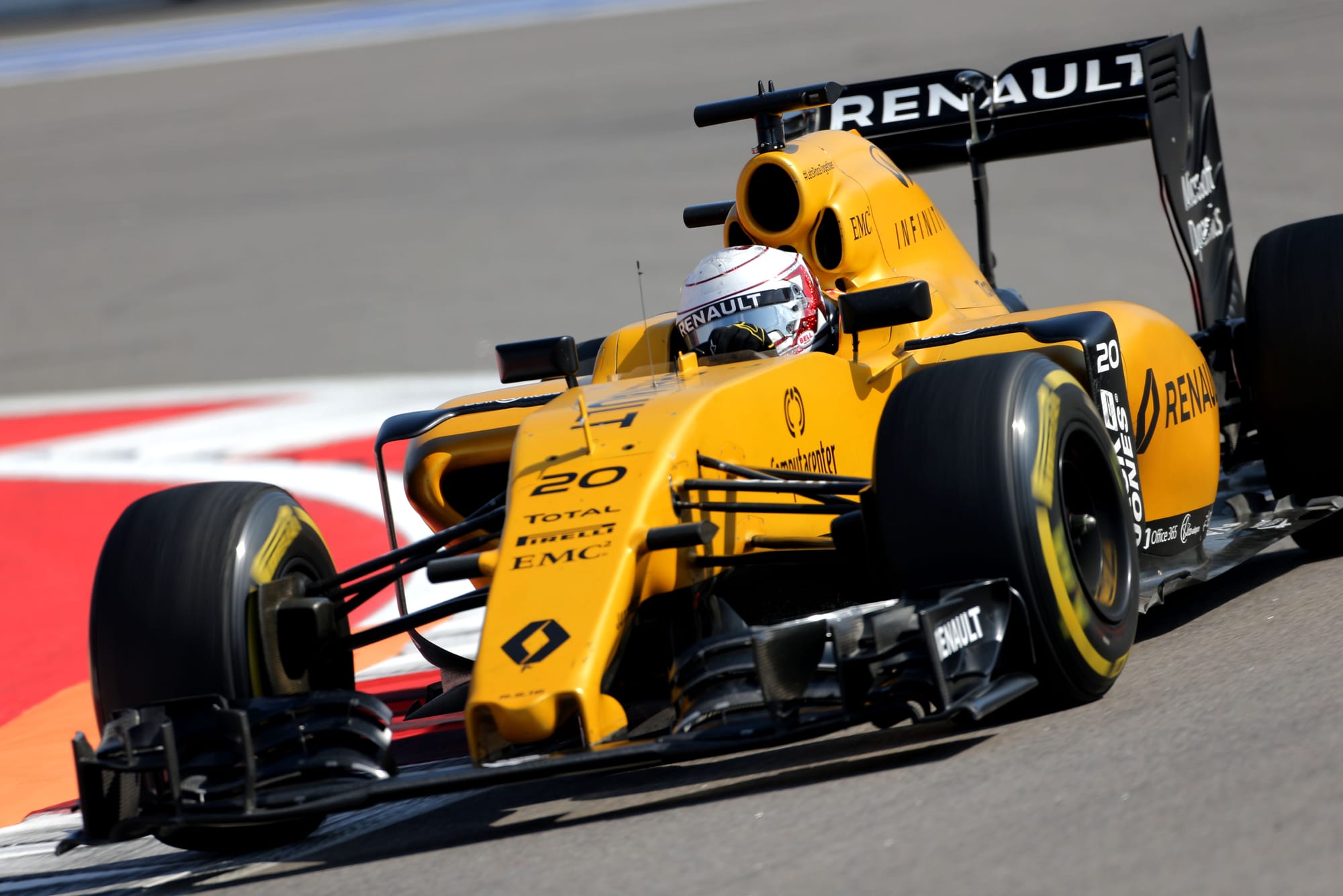
If we were in 2016, and Renault was only three years into the hybrid era and struggling to find its way, then I could understand the "How could you?!" arguments around sacrificing the engine programme. You have to give these projects time. They require huge investment, and then need huge patience to see if the money and effort that goes into them can yield proper results.
But the Renault engine project has had that time now. Hybrids have been around in F1 for a decade. And unfortunately, for a manufacturer with a brilliant history in F1, Renault still lags behind its rivals in the engine battle.
If the reason for that is a lack of investment in the engine programme, then either invest what is needed, or stop trying to half-bake it. It seems that Renault has decided to go with the latter. It's a shame, but it's ultimately better than continuing to do a sub-standard job in some misplaced hope that being a manufacturer team gives you a mythical higher ceiling.
I accept this is a dispassionate view. And I hope that the suggestions that everyone who works at the Viry-Chatillon facility will keep their jobs are true.
That won't be enough comfort for those who might only be working there because they want to work in F1. How would I feel if I worked for a media company that decided to shut down a department I worked in, citing its underperformance, when that underperformance was a result of the parent company not investing properly? It would suck, even if I got told, 'Don't worry, we have other projects away from the thing you love to do that will keep you employed'.
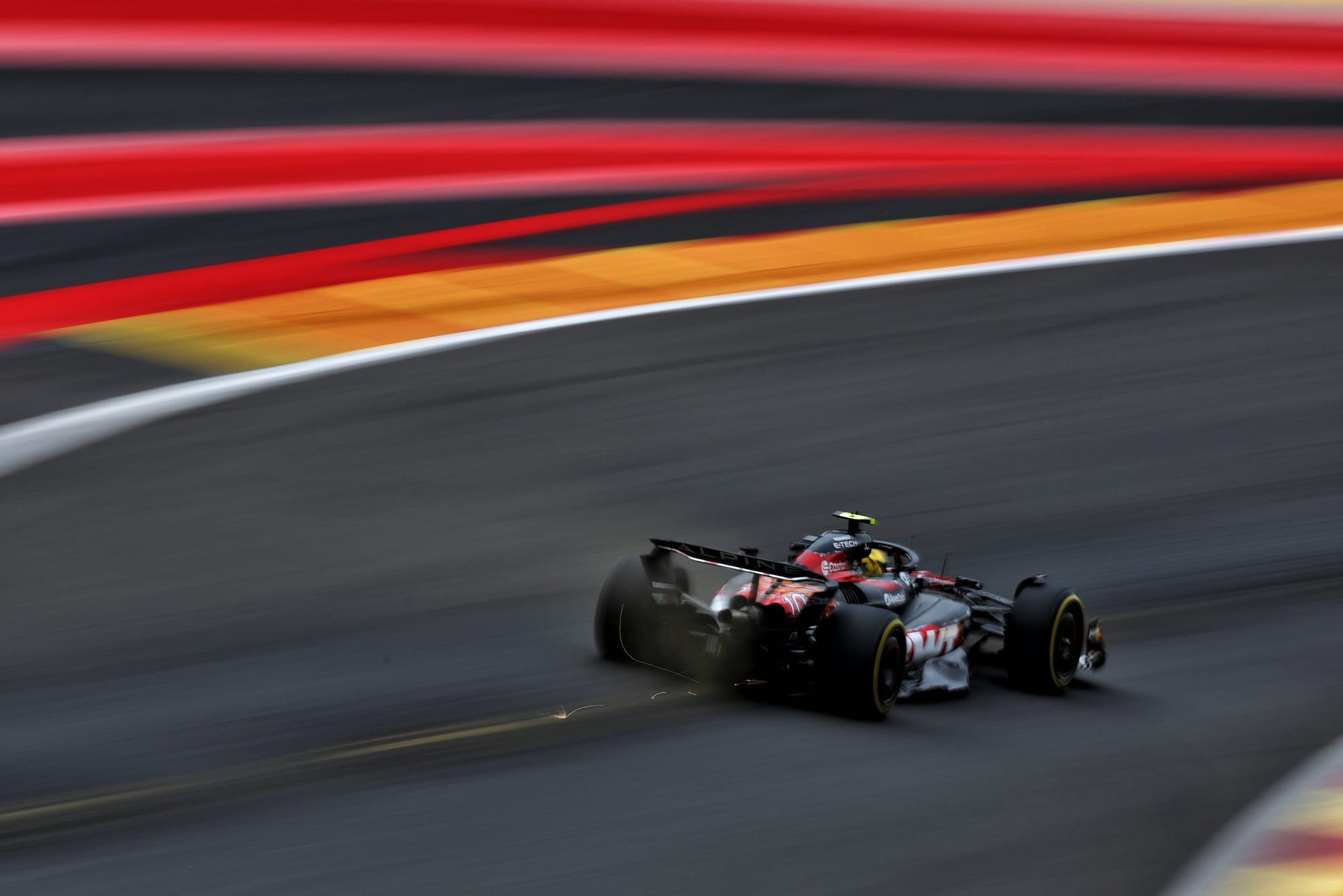
But F1 is usually a dispassionate business, where results are all that really matter. So that's the perspective I'm looking at this controversial decision from.
And right now, if you're at Alpine, do you want to keep kidding yourselves that one day you can be a Mercedes or a Ferrari, or do you look at a customer team like McLaren, which is now being tipped by many to win the constructors' championship this year, and think: 'Why don't we try to be THAT?'
To make it sound that straightforward does McLaren a huge disservice. And it assumes that, without an engine division to drain resources, Renault would invest properly in its race team instead. But let's assume it would do that.
If you're Renault, do you keep going with the 'works team' project that you've made a hash of for the majority of the last eight years, and the engine project that has underwhelmed for 10, or do you reset?
To suggest that switching to a customer set-up limits this team's potential implies it would be capable of reaching its maximum potential as a works team. There's very little evidence to support that so, as F1 becomes more evenly matched, there's little shame in aiming to be F1's next McLaren.
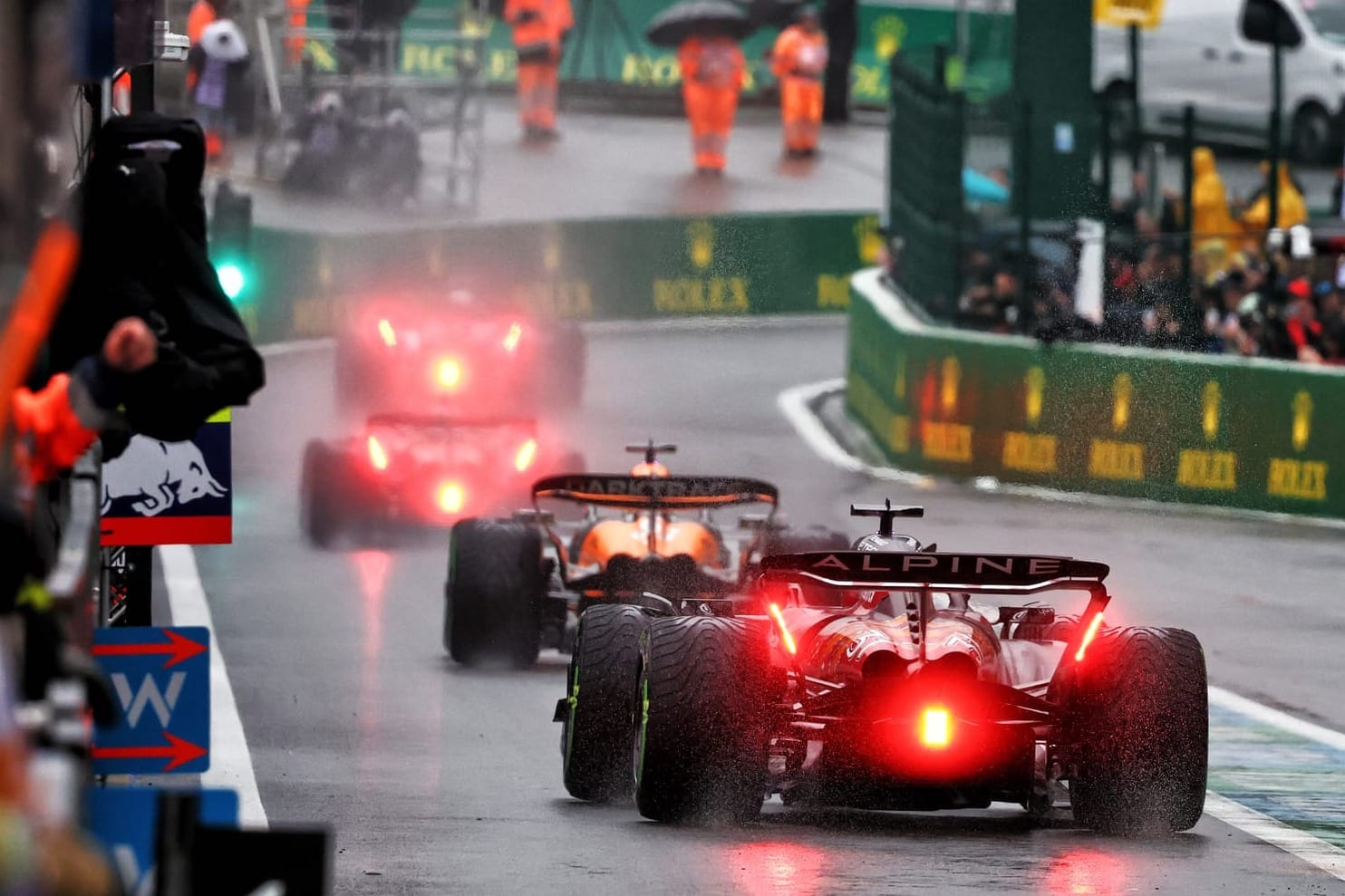
We're not in an era of F1 now where the difference between works and customer status means you're a frontrunner or an also-ran. Yes, new engines for 2026 will potentially tip those scales briefly, but who remembers 2014? Would you have rather been a works Renault team in the first year of hybrids, or a Mercedes customer?
If Alpine goes through with this switch, it must then be held to a very high standard. It would lose the burden of the Renault engine division, but it would also lose an excuse. Customer status is not a free pass to cruise along in the midfield admiring your bank balance.
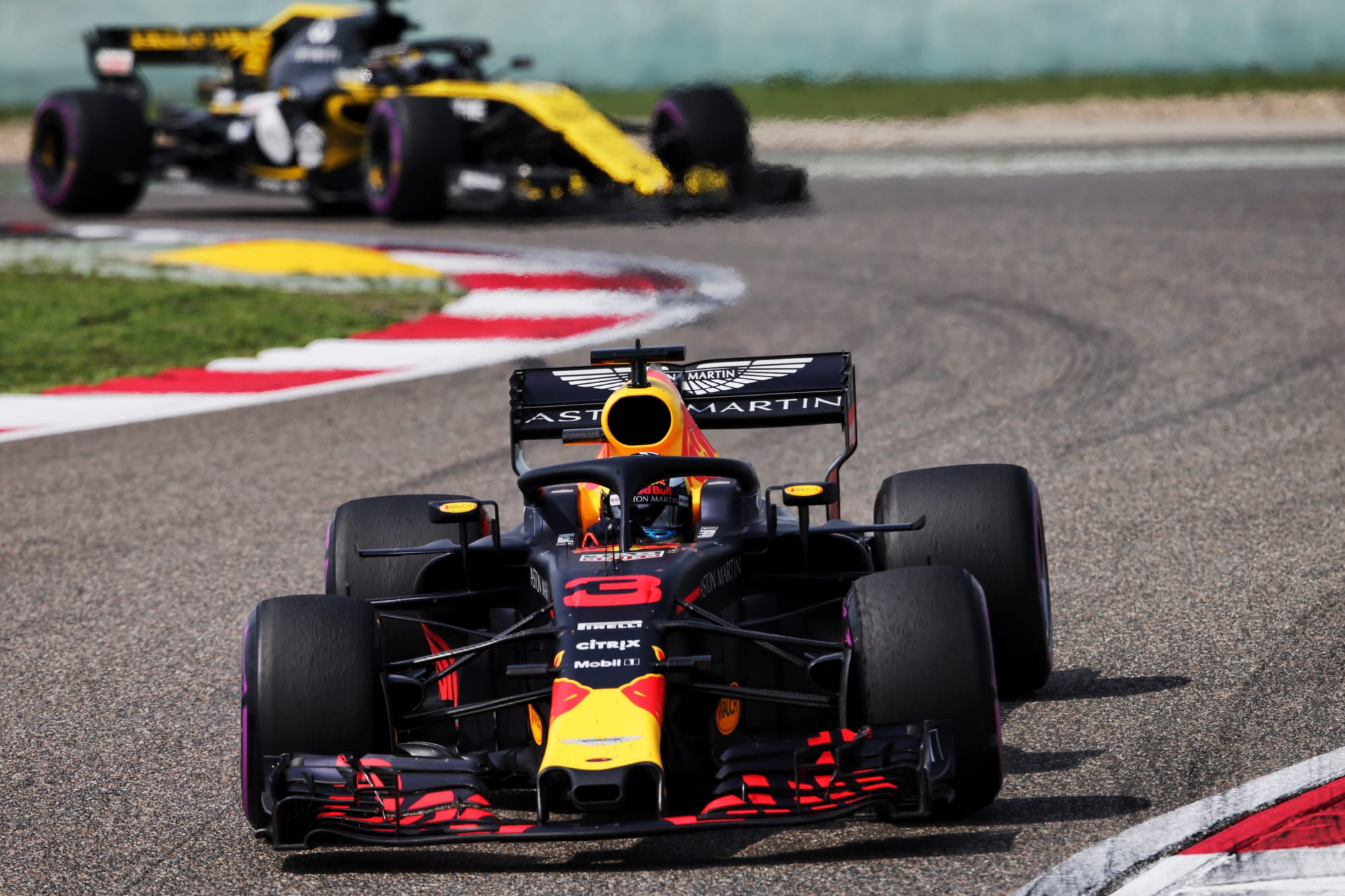
In an ideal world, I don't want F1 to lose an engine manufacturer. Certainly not one with such a brilliant history. But how many memorable moments can we associate with Renault in F1 in the last decade? Red Bull calling its engines 'Tag Heuer' for three years hardly counts.
Pragmatism is rarely universally popular, because usually it involves compromise. And as I said earlier, F1 is all about results. So if you asked me which combination is more likely to enjoy more success in the coming years out of an Alpine-Renault or an Alpine-Mercedes, sadly the choice is obvious. In the end, that's all that matters.


